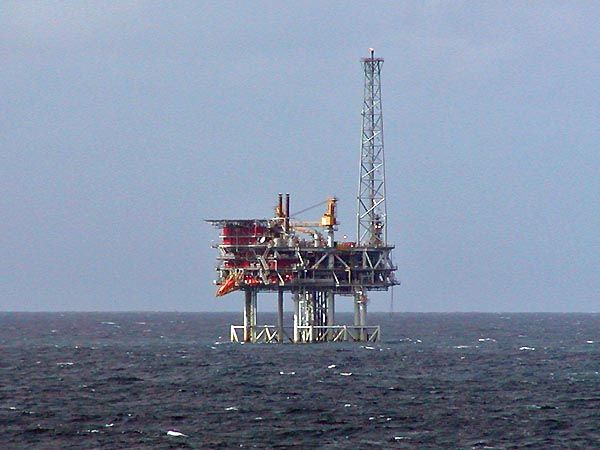The government, in collaboration with the parties Socialdemokratiet, Dansk Folkeparti, Socialistisk Folkeparti and Radikale, has unveiled a fully-financed agreement designed to ensure a future for oil production in the North Sea.
The agreement supports a two-figure billion kroner amount to be invested in oil and gas extraction in the North Sea by, among other things, completely re-building the ageing Tyra fields. The investments will allow for the possibility to generate up to 26 billion kroner for the state coffers looking ahead to 2042.
“It’s in Denmark’s interest to continue oil and gas production in the North Sea in order to maintain our supply security and independence from energy from unstable areas of the world,” said Lars Christian Lilleholt, the energy and climate minister.
“The government has set an ambitious goal to make Denmark independent of fossil fuels by 2050 and for at least 50 percent of our energy needs to be covered by sustainable energy by 2030. That demands great investment in the coming decades, and the income from the North Sea will play an important role.”
READ MORE: Danish oil production decreases yet again
DUC and cover
In order to promote investment in oil and gas production in the North Sea, the government has decided to reduce the tax on oil and gas production from 2017-2025. But should the price of oil increase, as is expected by the state, then the oil companies will pay back the tax rebate.
The government has also reached an agreement with the Danish Underground Consortium (DUC) concerning the full reconstruction of the Tyra field. DUC will support a number of initiatives aimed at improving the infrastructure and making it more attractive to develop smaller oil fields in the North Sea.
Danish oil production in the North Sea has stagnated in recent years to the point where it’s at the same level it was in 1992.















